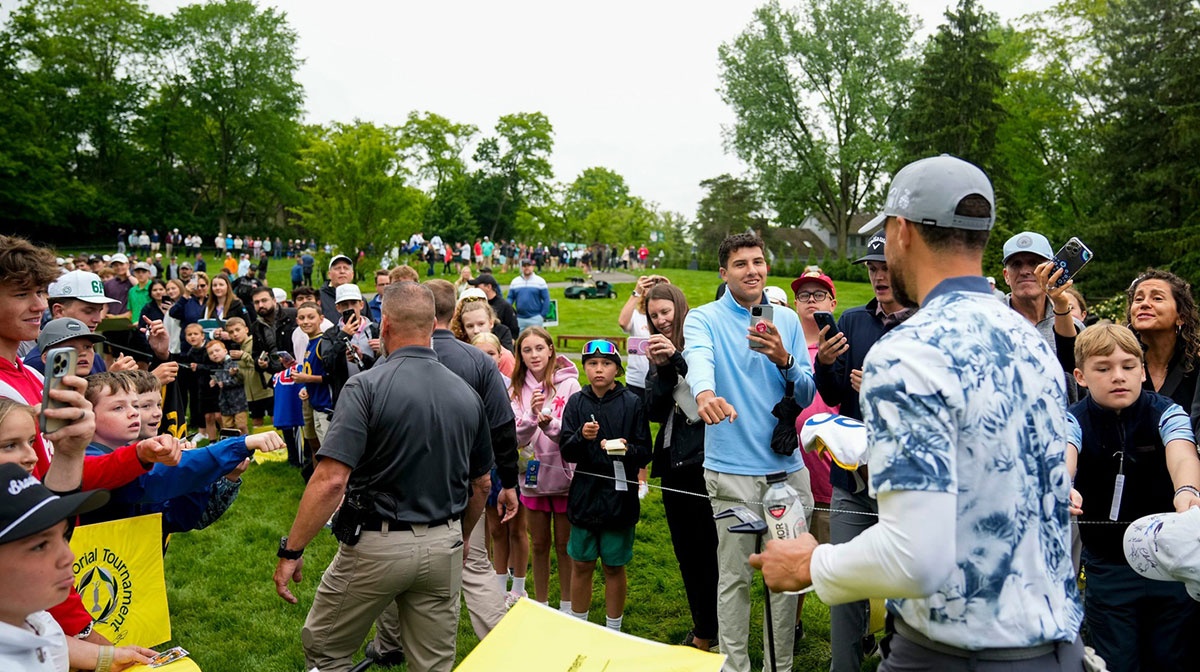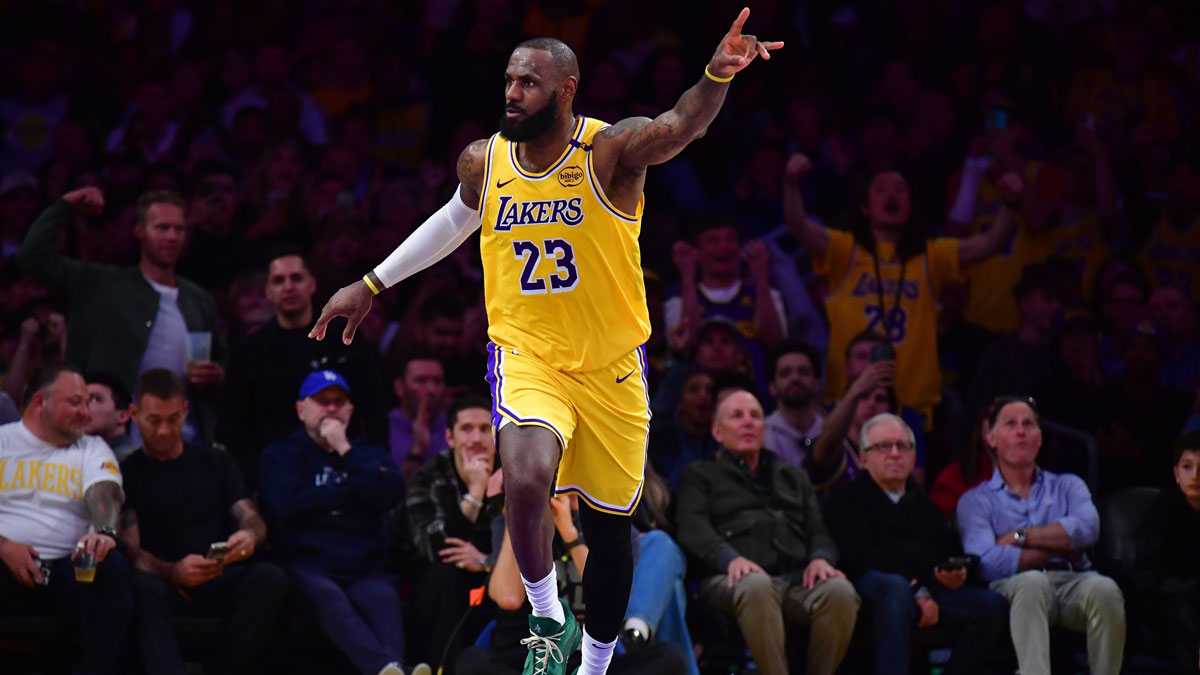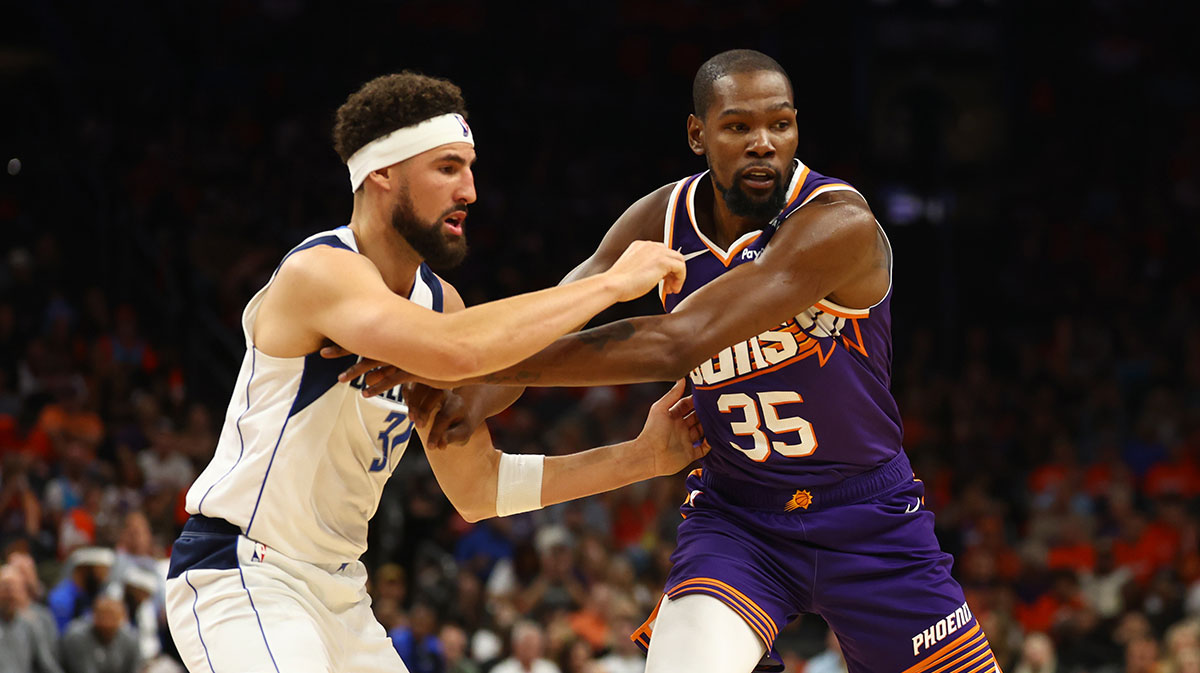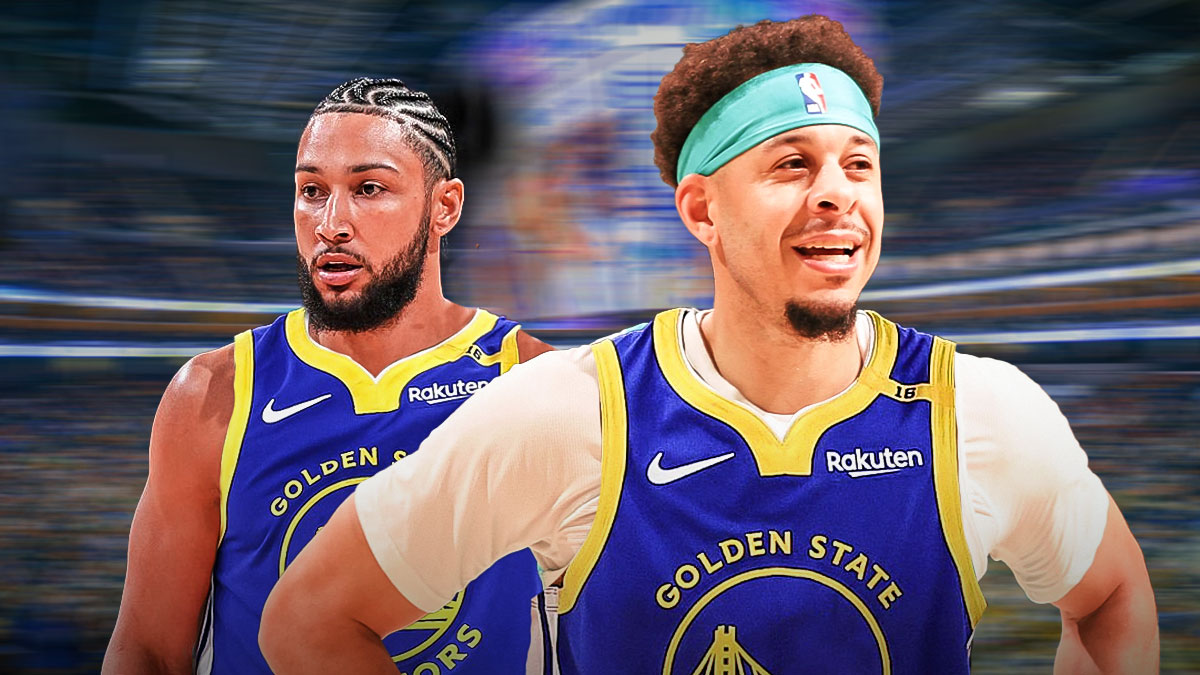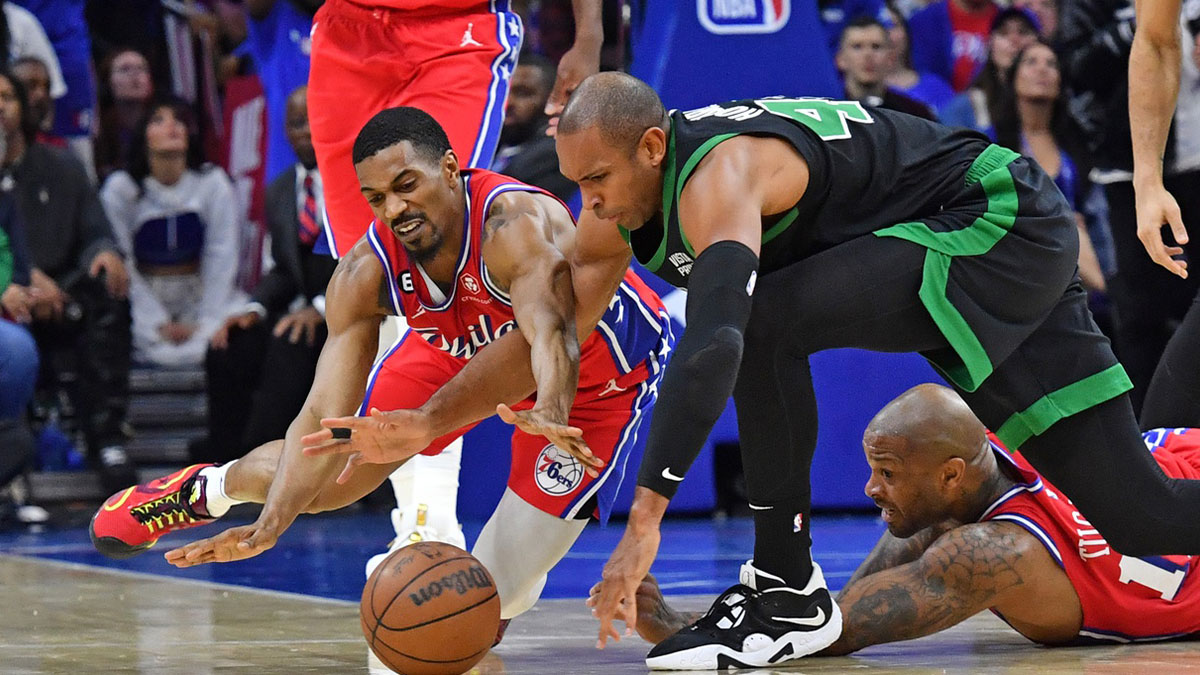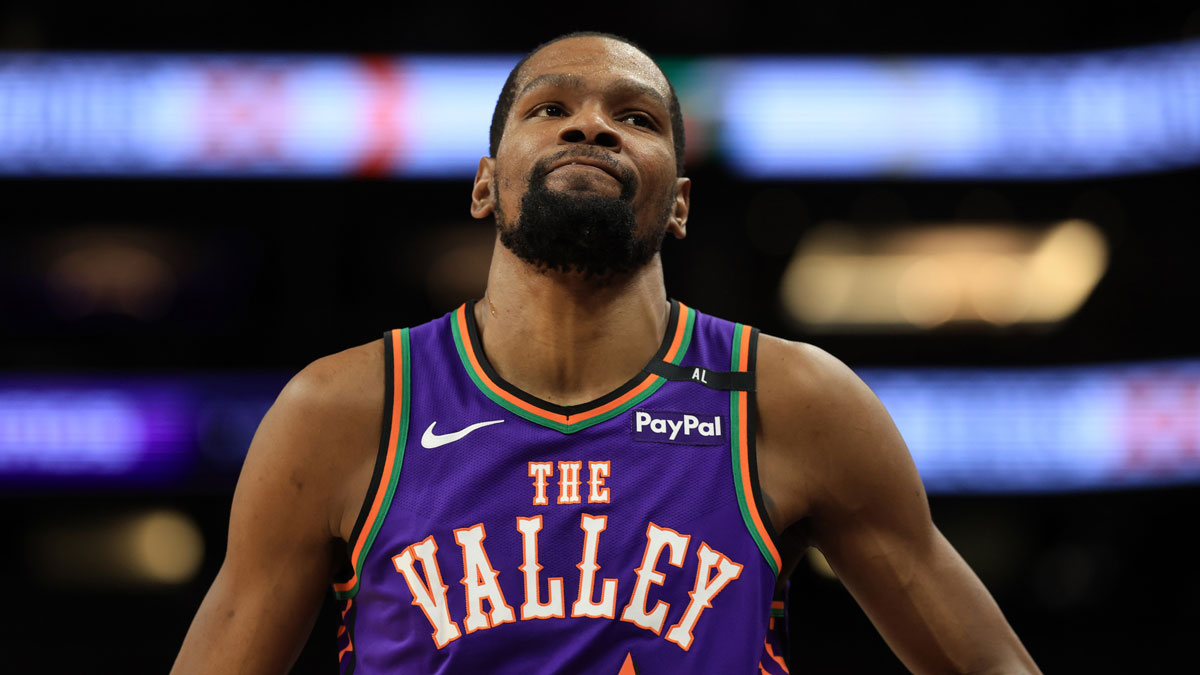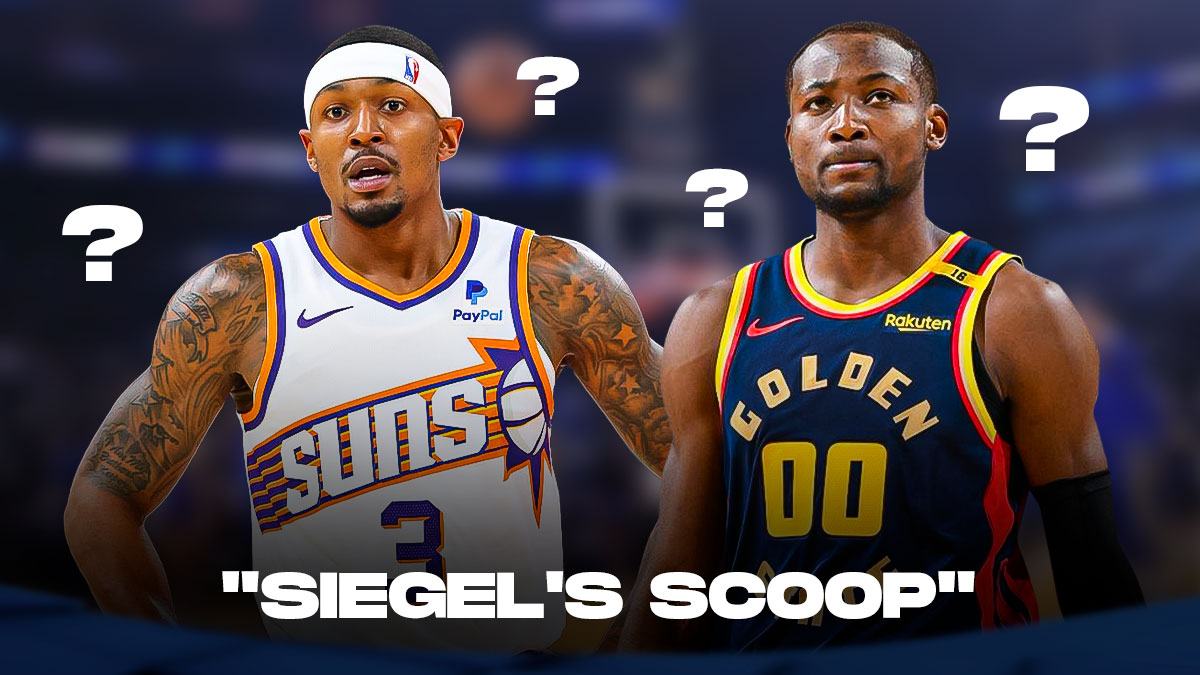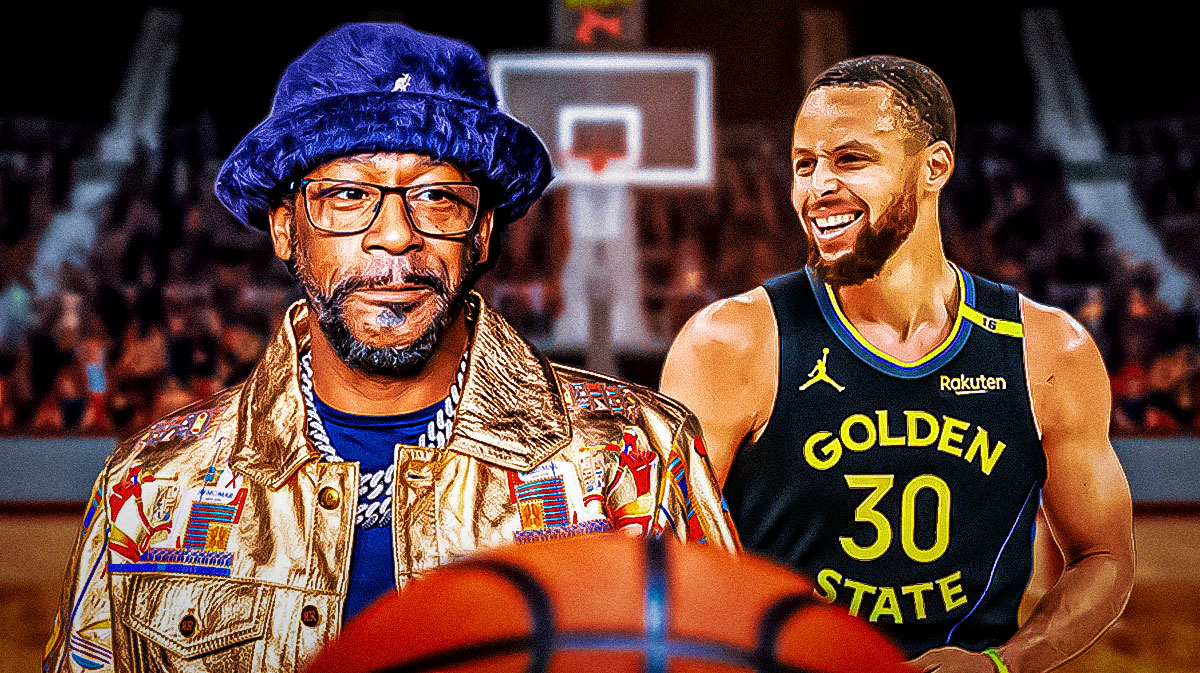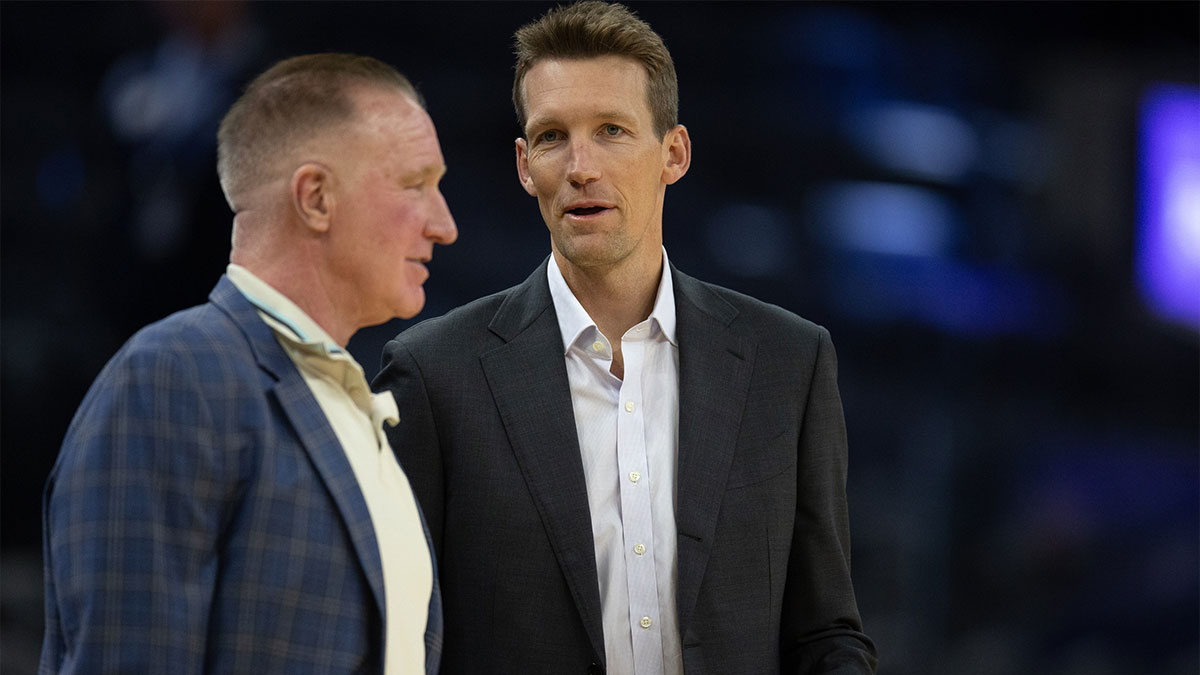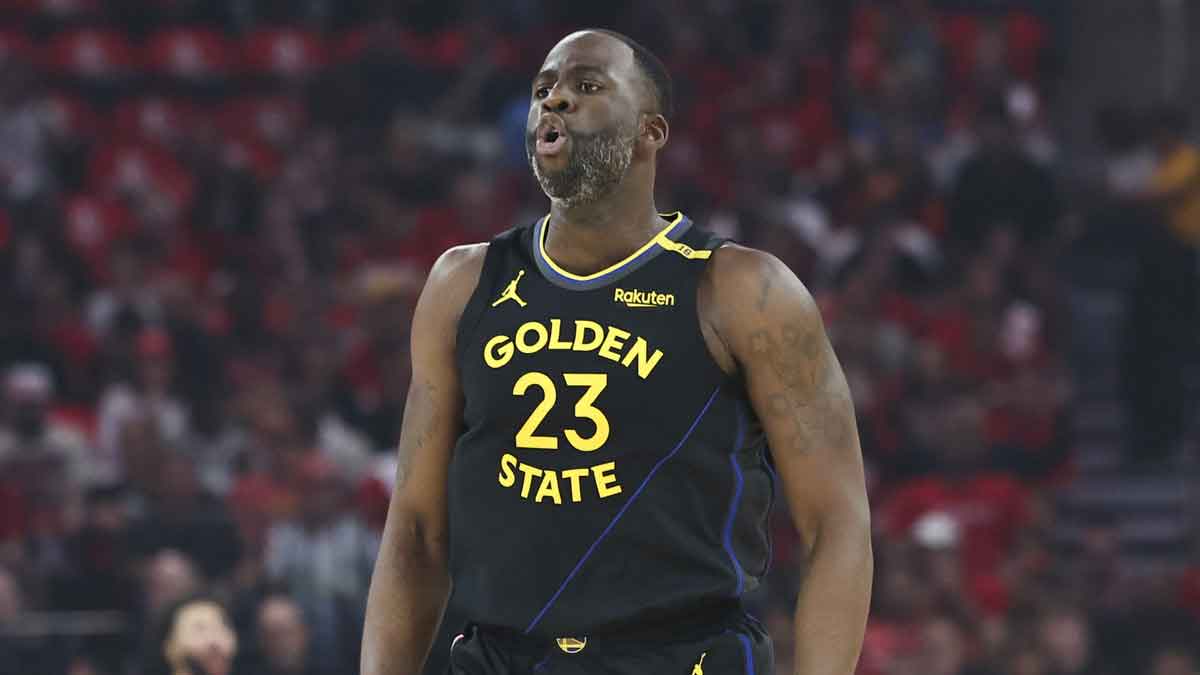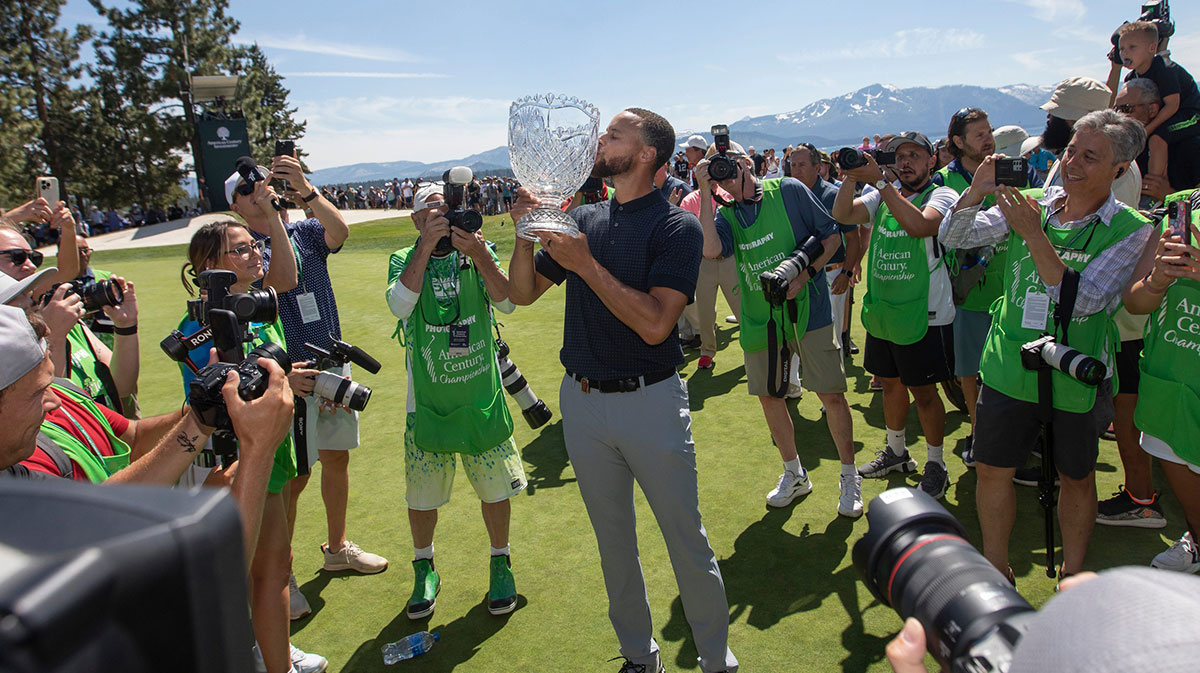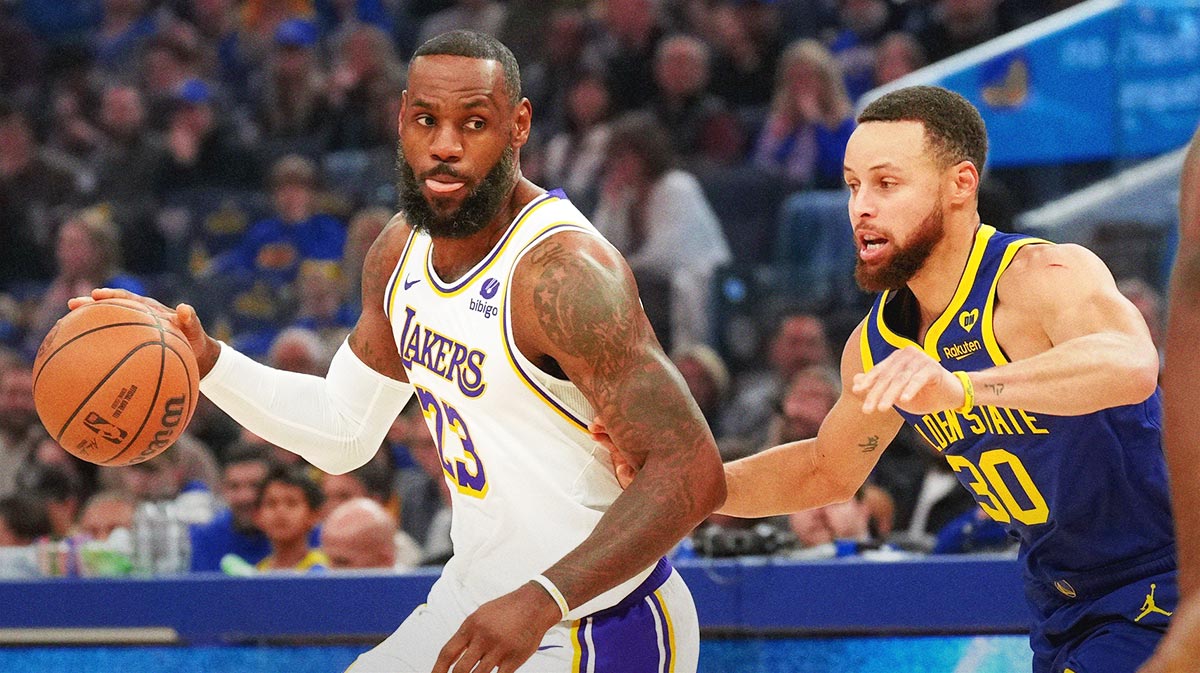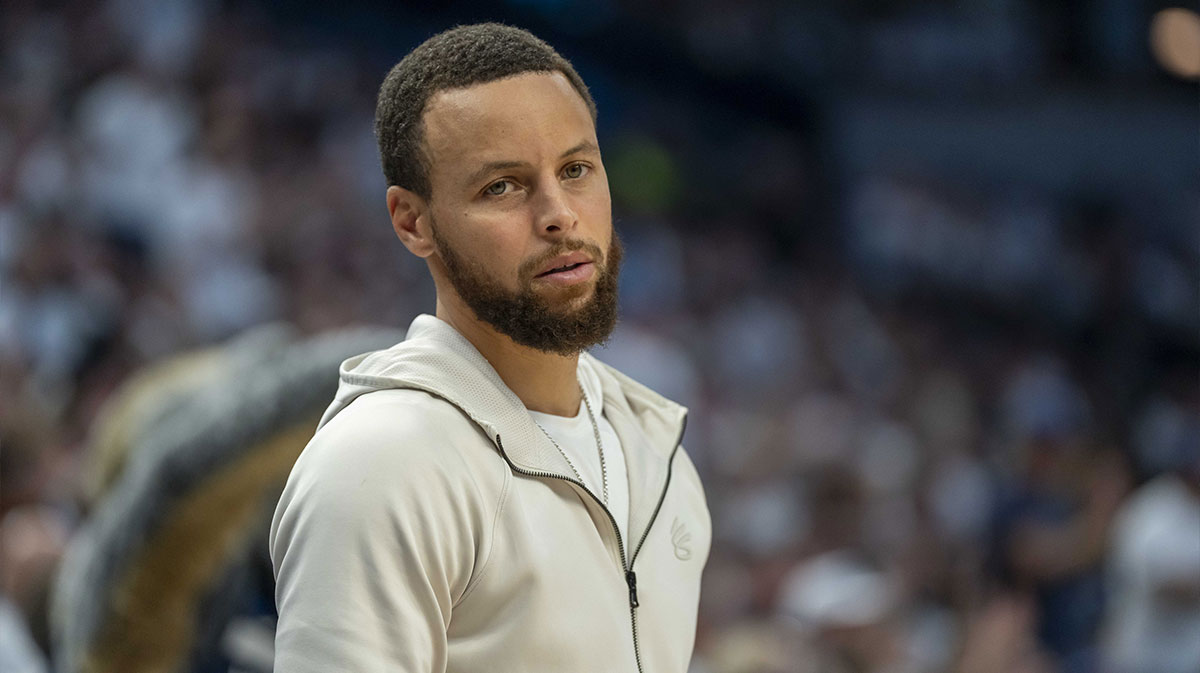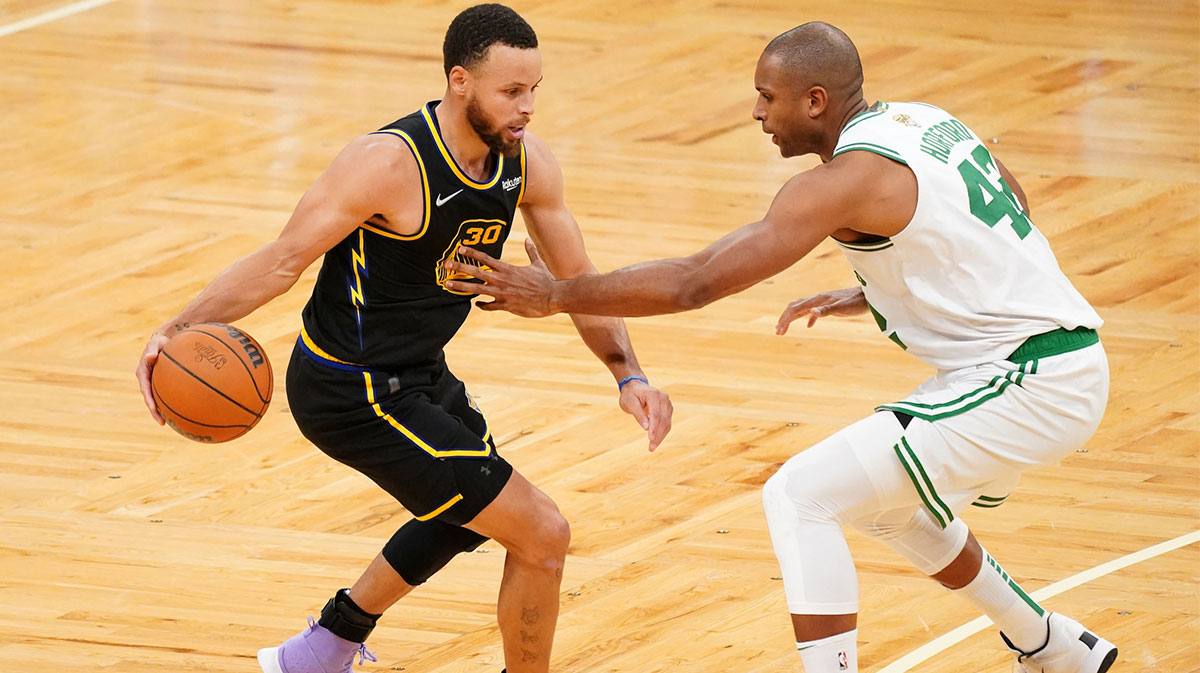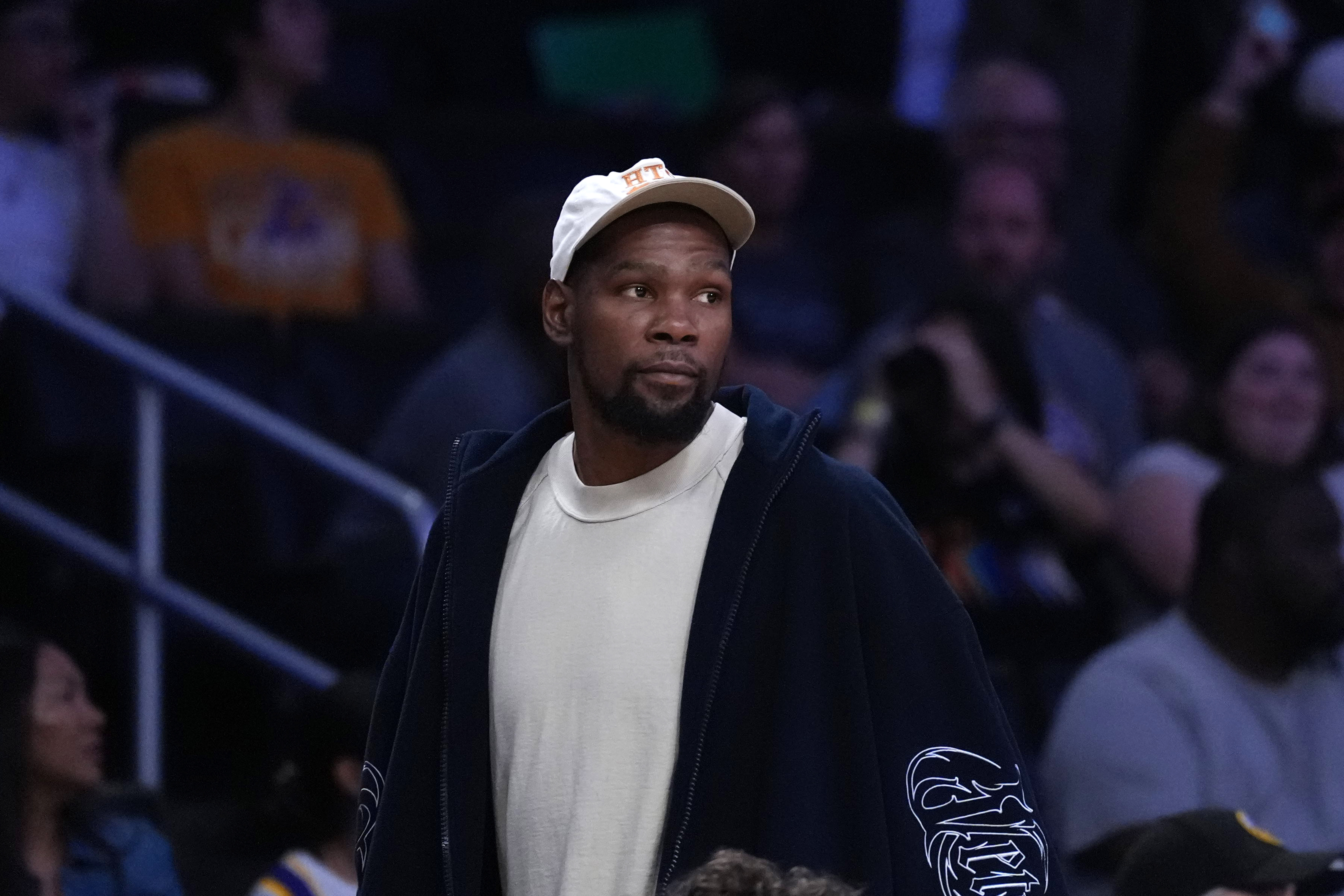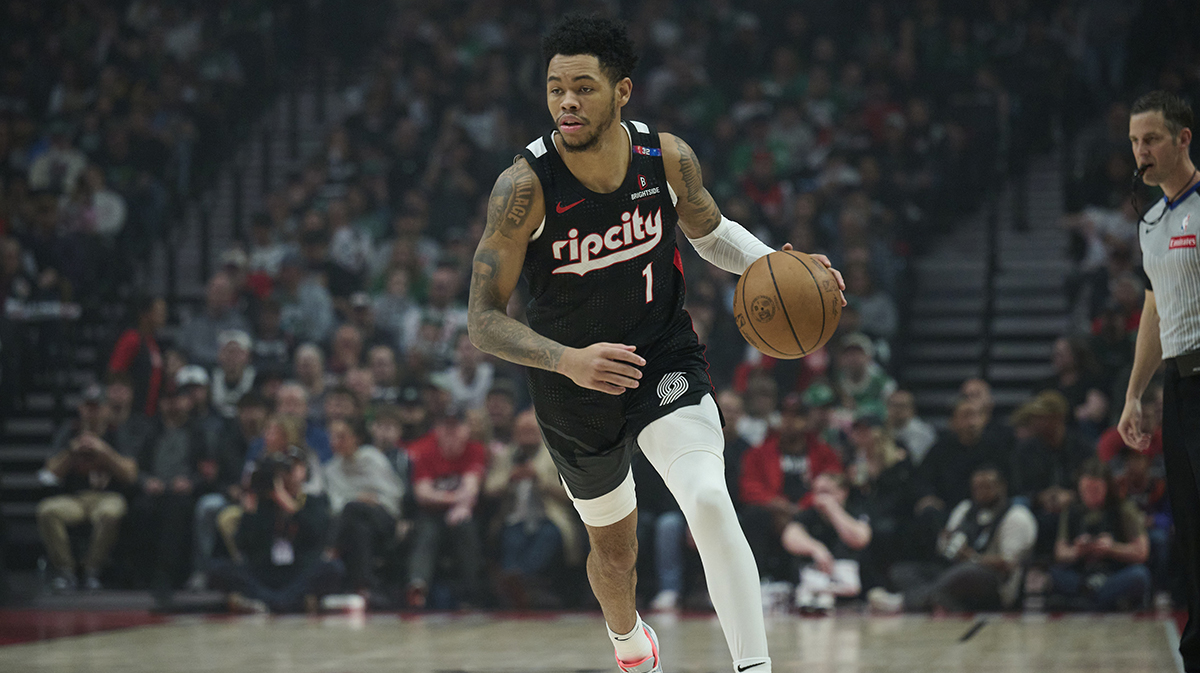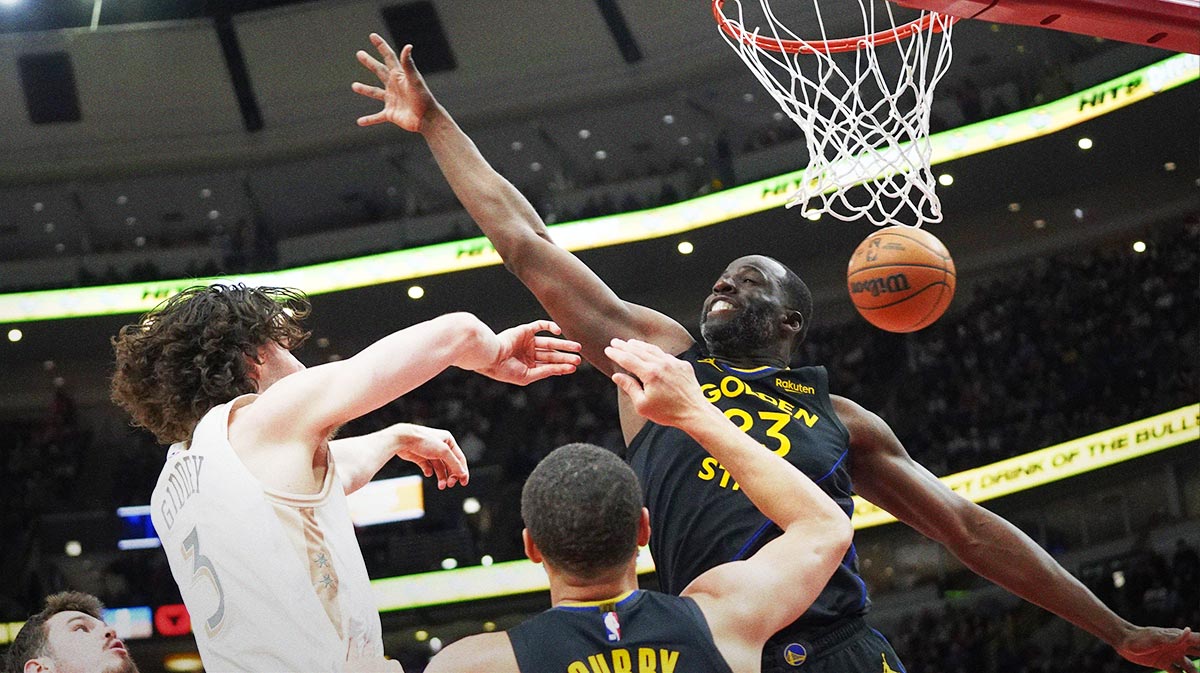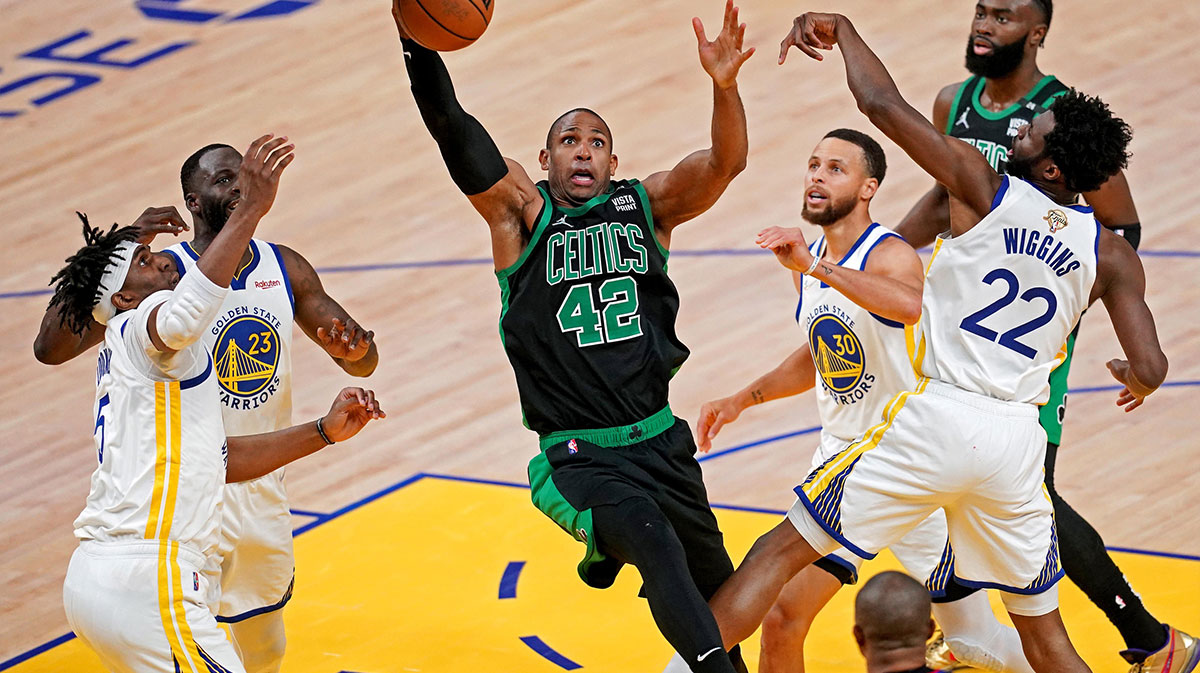Misery and misfortune had muddled the Golden State Warriors for years. Before their dynasty, before Stephen Curry, and before their past three championships, the Warriors were mired in mediocrity.
From 1994 to 2007, the Warriors spent 13 miserable years missing out on the playoffs. It wasn't until a team of misfits came along in 2006-07 that not only broke the Warriors' playoff drought, but also orchestrated arguably the greatest NBA upset of all time. The story of the “We Believe” Warriors will live in on NBA lore, and serves as a reminder to all that when you believe, anything is possible.
It started with a home-grown star.
The Warriors drafted Jason Richardson in the 2001 NBA Draft. Quickly becoming a fan favorite, the high-flying Richardson won the Slam Dunk Contest in 2002 and 2003–seemingly the only thing the Warriors could win at the time. Losing season after losing season continued to pile on, until the Warriors made a trade in February 2005 for two-time All-Star Baron Davis. The Charlotte Hornets had been led by Davis, but were ready to move on after disputes between Davis and coach Byron Scott.
The Warriors boasted an exciting backcourt with Davis and Richardson, but they still struggled to win games. Their core of Davis, Richardson, Troy Murphy, and Mike Dunleavy Jr. just wasn't getting the job done. So when the 2006-07 season hit, and more losing ensued, they gave away Murphy and Dunleavy in an eight-player trade with the Indiana Pacers in January 2007.
The Warriors got more athletic and more versatile by adding Stephen Jackson and Al Harrington into their rotation. It came at a price, though. The Pacers had been looking to unload the troubled Jackson ever since the infamous “Malice at the Palace” incident in 2004. Jackson, who was a part of the massive brawl, received a 30-game suspension without pay, and also had to appear in court for his role in the fight. His image further took a hit when he fired a gun, allegedly out of self-defense, outside of a club two years later. The Pacers were ready to move on from Jackson, and the Warriors would have to take on his baggage in order to reap his benefits.
Soon after the trade in January 2007, Warriors' coach Don Nelson named Jackson and Baron Davis his team captains. Nelson did so while getting drunk with them at a bar in Oakland. It characterized the lax, loose, and comfortable atmosphere around the team.
But they were still a work in progress. On March 5, 2007, the Warriors were 26-35, hurting with injuries, and in a deep hole in the Western Conference standings, They were finally healthy right in time to face the Detroit Pistons, a team that had just made the Eastern Conference Finals the year prior. And the Warriors throttled them 111-93.
The Warriors were starting to find their groove with the new guys, and the next game–a home game against the Denver Nuggets–is significant because of a Warriors fan named Paul Wong. Wong hadn't given up on the team just yet, and brought a hand-made sign to the game. Its message was brief, yet carried a hope that Warriors' fans hadn't seen in a long time: “We Believe.”
The mantra took off. Wong sold “We Believe” shirts and merchandise. The Warriors soon approached him for use of the slogan, and it became the rallying cry for a fanbase that had been aching for something to believe in.
The Pistons' game sparked a 16-5 run to end the season that propelled the Warriors to a 42-40 record. They had just squeaked into the playoffs as the eighth seed in the Western Conference. In the first round of the playoffs, they drew the number-one seed in the West, and the team with the best record in the league, the Dallas Mavericks. The 67-win Mavericks had just lost in the NBA Finals the year before, their star Dirk Nowitzki would later be named season MVP, and many media members predicted the Mavs would be winning it all.
It seemed an unlucky draw for an upstart Warriors team, and a cruel end to a nice little run. But the Warriors themselves were unfazed.
Kelenna Azubuike, an undrafted rookie, noted that the team, “took on a mentality like, ‘We're all we got'…By the time we reached the postseason to face the Mavs, we knew we'd beat them. There wasn't a doubt in our minds.” Their confidence was well-founded.
The Warriors won all three of their matchups with the Mavericks that season, albeit one of them was with the Mavs resting their starters. But their real key to taking down the behemoth in Dallas was Warriors' coach Don Nelson. Nelson had coached for the Mavs from 1997 to 2005. He drafted Dirk Nowitzki, and was responsible for grooming Dirk and Steve Nash towards stardom. But money disputes forced Nelson and the Mavs to have a bitter parting, and Nelson was eager for revenge.
Nelson's years of coaching MVP Dirk Nowitzki also gave the Warriors the upper hand in defending him. The game plan, Nelson recalled, was to “stay small, stick Jackson on Dirk, make him drive, and be ready with a double-team.” The swarming defense on Dirk cut his shooting averages from 26.4 points a game on 50% from the field in the regular season down to 19.7 points a game on a mere 38% from the field in their first round playoff series.
To top it off, the Mavs still ran a lot of Don Nelson's plays. Warriors' center Adonal Foyle remembered that Nelson would tell the team exactly what the Mavs would be running and exactly how to disrupt it.
On offense, the Warriors ended the regular season third in the league in made three's per game, making 8.5 a contest. But in that first round playoff series, the Warriors upped that to 10.3 made three's per game. That number would've led the league in the regular season in an era before the three-point revolution. The Warriors liked to run, push the ball in transition, and launch triples.
They were also ahead of their time with their personnel on the court. While the Mavericks trotted out traditional bigs like Erick Dampier and boasted seven-foot Dirk, the Warriors went for more of a positionless look. They would often have Baron Davis running the point with any combination of Jason Richardson, Stephen Jackson, Al Harrington, Matt Barnes, or Mickael Pietrus.
All were athletic wings who were lengthy and could knock down three's. Mixed with lanky Latvian center Andris Biedrins and Most Improved Player winner Monta Ellis, the Warriors had plenty of shooting and speed. With Nelson at the helm, they played a run-and-gun brand of basketball that was fast-paced, exciting, and dangerous.
The first round of the playoffs begin in Dallas, where the Warriors surprisingly rolled to a Game 1 victory behind 33 points from Baron Davis. Nowitzki had a tough time with the speedy, rangy defenders the Warriors threw at him, and he made only four of his 16 shots that night. Though the Mavs came right back and evened the series at one apiece in Game 2. The series then shifted to Oakland.
Oracle Arena hosted its first playoff game in 13 years, and a deprived Bay Area fan base wasn't going to let its moment slip away. Game 3 in Oakland was absolutely rocking. The Warriors rode their raucous Oracle crowd to an 18-point win to take the series lead.
In Game 4, the Mavs were able to hang with the Warriors, and led for most of the first half. But the momentum and the magic was clearly on the Warriors' side, as Baron Davis banked in a half-court heave at the halftime buzzer to tie the game. The Warriors won a nail-biter, defeating the Mavs by four to take a commanding three games to one series lead.
The scene shifted back to Dallas, where the Mavs were led by Nowitzki's 30 points en route to a six-point win. And with the series at three games to two, the Warriors had a chance to pull off one of the greatest upsets in NBA history at home.
Warriors' fans may have played just as big of a role in the series win as the players themselves. They roared and rocked and ran the Mavericks out of the building in Game 6. Led by Jackson's 33 points on seven three's, the Warriors destroyed the one-seeded Mavericks by 25 in a fast-paced onslaught. Nowitzki was flustered into missing 11 of his 13 shots, only contributing 8 points.
After the game and the series loss, a frustrated Nowitzki threw a trash can at the wall right outside the visiting locker room in Oracle. The defending Western Conference champions looked dazed, devastated, and never stood a chance amidst the roaring sea of gold-clad Warriors' fans.
“It was the greatest atmosphere I'd ever experienced in a basketball game in the NBA, and that's not hyperbole. This place was so loud,” praised then-TNT color commentator Steve Kerr.
10-year veteran Adonal Foyle described the crowd, “It was like being in the desert for 10 years and you finally saw water. It was just that guttural—people in the arena hours early, screaming of pure pleasure and desperation. They’d been waiting for one moment and they finally got it.”
The Warriors' first round upset was the third time in NBA history that an eight-seed had defeated a one-seed, and the first time since the NBA switched to a seven-game format.
The Warriors fell in the second round to the Utah Jazz, but not before one last bang. In Game 3 at Oracle, with the Warriors down two games to none, Baron Davis unleashed a thunderous dunk on premier shot-blocker Andrei Kirilenko. Even though that was the only game the Warriors won in the series, the dunk characterized the Warriors' bravado, fight, and never-give-up attitude. As long as there was life in this team, they'd be fighting and clawing to the end.
The Warriors didn't win it all that year. But in the eyes of the Bay Area and their gold-clad fans, they very well might have. “It felt like we won the championship to me,” Stephen Jackson recalled. “Even though we lost the second round, it still felt like we won the championship because Oakland celebrated it like we did. The city made us feel like we won the championship.”
Individually, they were misfits. Outcasts. Bad boys. But together, they were a team that rewrote history. And for six games in 2007, they showed a dedicated fanbase how to hope and how to dream.
And of course, how to believe.

